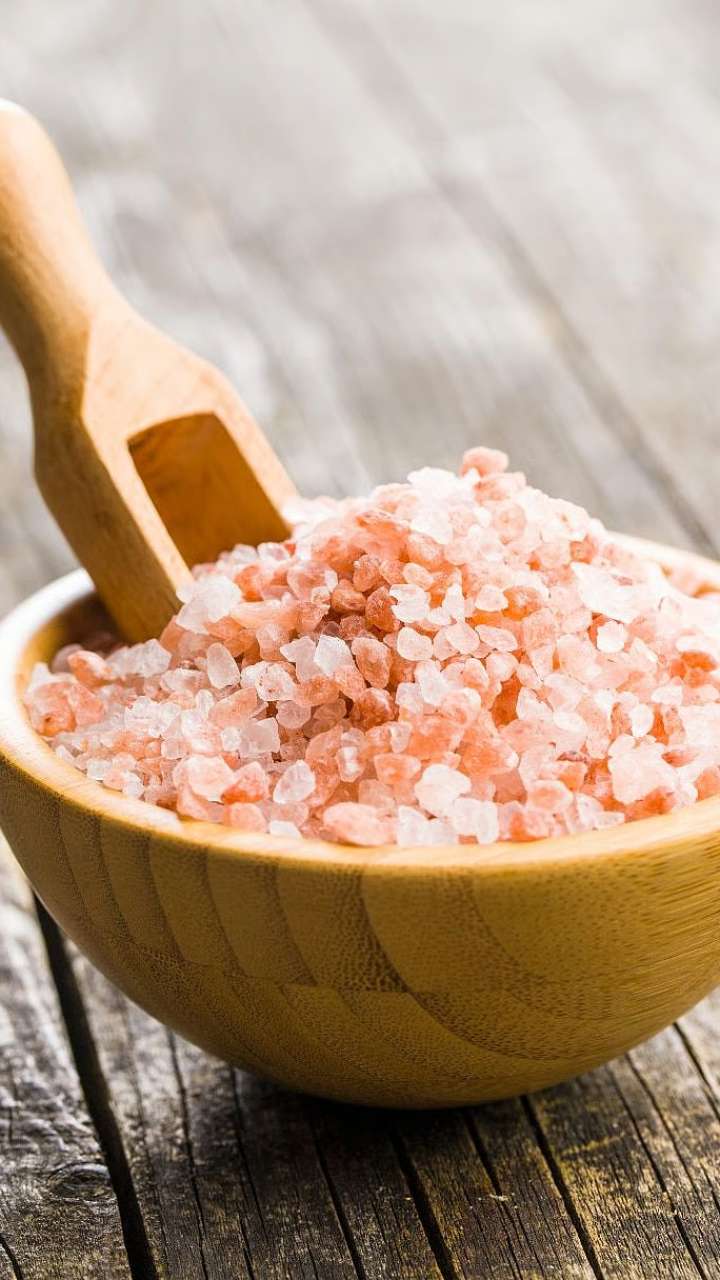Why Should Liver Patients Avoid Excessive Salt Intake?
Published 9 hours ago• 1 minute read
By Shubhi Kumar
21 Jun 2025, 14:30 IST
Liver disease impairs the body’s ability to manage fluids. Excess salt worsens symptoms, promotes complications like ascites, and interferes with proper liver and kidney function. Tap to read!
Salt causes and promotes the body to retain fluid. This can lead to swelling in the legs, feet, and abdomen.
An increased salt intake worsens ascites, thereby increasing the abdominal fluid, discomfort, and possibility of serious infections.
Excess salt induces inflammation and fibrosis. Therefore, it may accelerate the long-term course of chronic liver damage.
It causes encephalopathy, hyponatremia, and renal impairment to worsen. Thus complicating liver patients further.
Salted, processed food displaces nutrients, increasing malnutrition risk for patients who lose their appetite and cannot absorb it.
This information is sourced from the National Institute of Health (NIH). However, it is advisable to consult a healthcare professional for personalised advice.
Loading...
Loading...
You may also like...
Loading...












